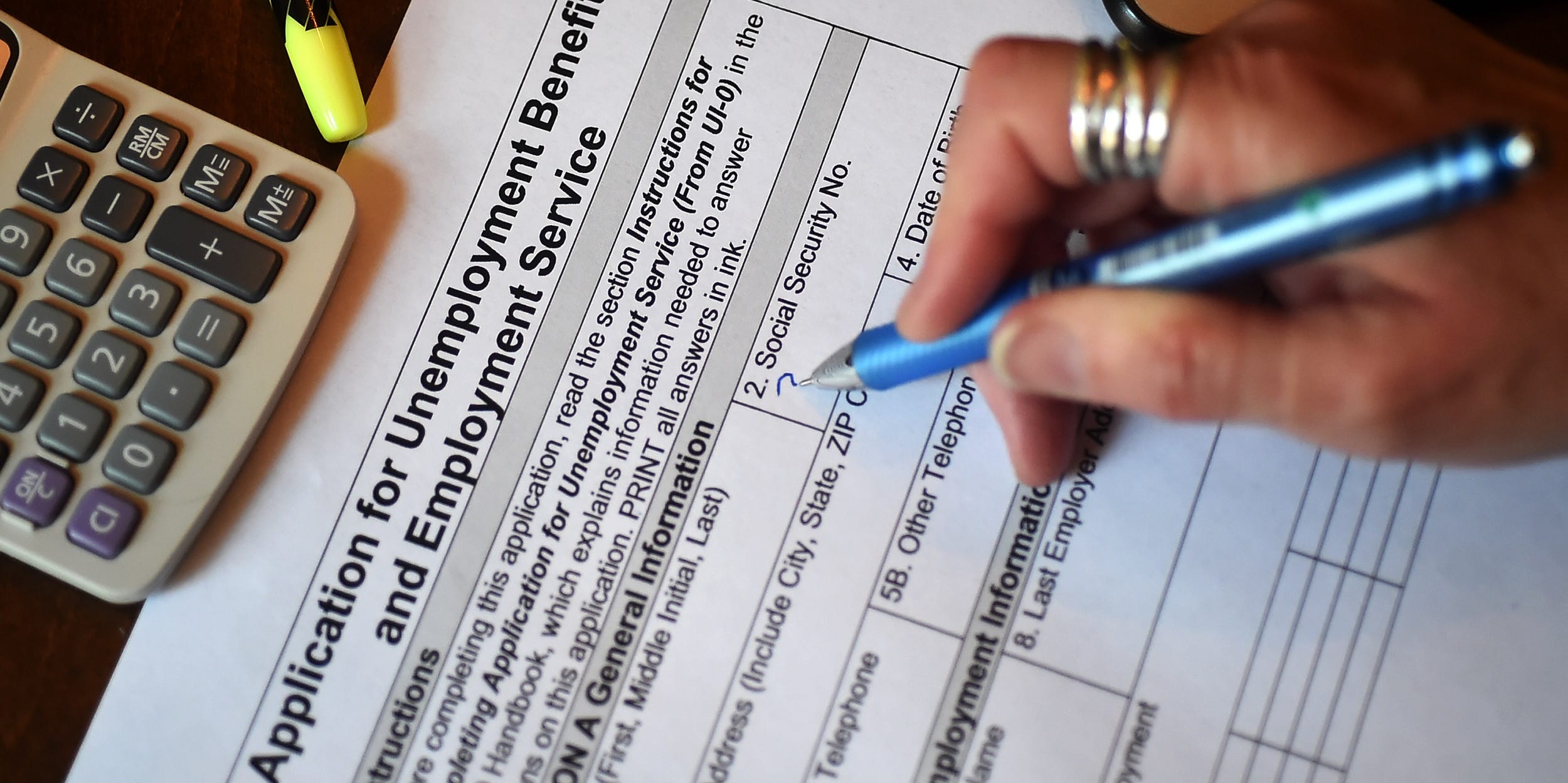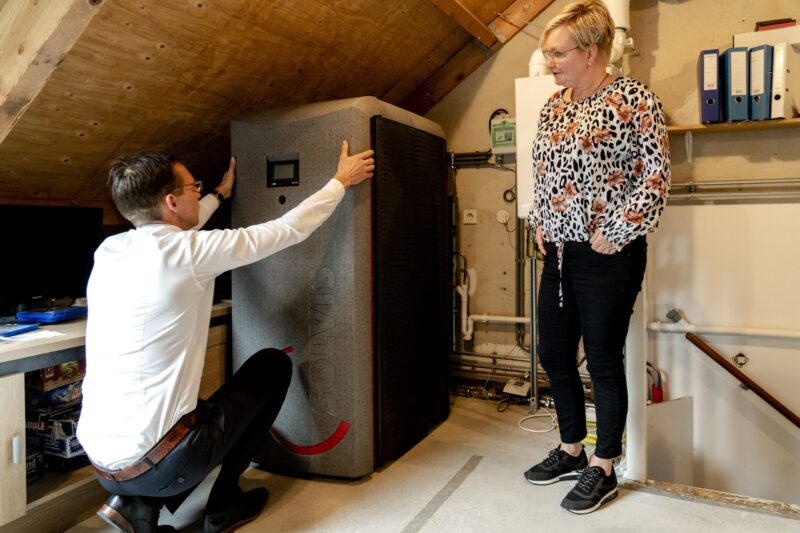
OLIVIER DOULIERY/AFP via Getty Images
- The US Department of Labor issued guidance Wednesday that lets states waive recovery of unemployment insurance overpayments.
- "In many cases, individuals received payments for which they may not have been eligible through no fault of their own," the department's Suzi LeVine said.
- States that already collected repayments should give that money back, the department said.
- See more stories on Insider's business page.
When COVID-19 hit the United States, millions of Americans were thrown out of work – some 14 million between February and May 2020 alone – with claims for unemployment following in kind. Governments, and applicants, made mistakes: according to a recent report, states ended up doling out $6.2 billion in overpayments.
Now the US Department of Labor has issued guidance to states that recommends letting people keep that extra money, so long as they did not commit fraud to get it.
"Amid the pandemic, state Unemployment Insurance programs did the best they could in the face of unprecedented demand as millions of Americans filed claims for benefits," Suzi Levine, the department's principal deputy assistant secretary for employment and training, said in a statement on Wednesday.
"In many cases," she said, "individuals received payments for which they may not have been eligible through no fault of their own."
Under the first round of COVID-19 stimulus, known as the CARES Act, the federal government provided unemployed workers an extra $600 in benefits above the amount they would normally have received from their state alone. That money came with a requirement for states to address fraud, with this week's guidance noting that those who are found to have lied must still pay back their money with 15% interest and possible criminal prosecution.
It wasn't until last December, however, that Congress allowed states to decide whether or not it was worth their time - and morally correct - to demand that money back in every case, per CNBC; in Texas alone, 260,000 people were asked to do just that between March and October 2020, the network reported.
According to the department's new guidance, such waivers should indeed be issued when the recipient did nothing wrong and when "repayment would be contrary to equity and good conscience."
And if a state has already recovered the money, prior to this guidance? It should, generally, go ahead and give it back, the department said.
States, not the federal government, will ultimately make the call. But, LeVine said, they now have "greater flexibility to forgo recovery of improper payments from honest workers who continue to struggle," allowing them to focus on those cases "where real fraud exists."
Have a news tip? Email this reporter: [email protected]










